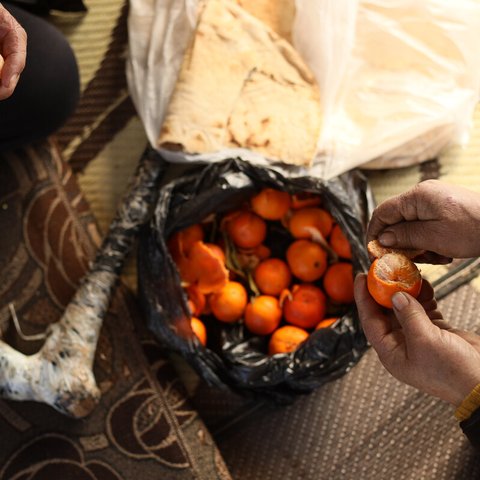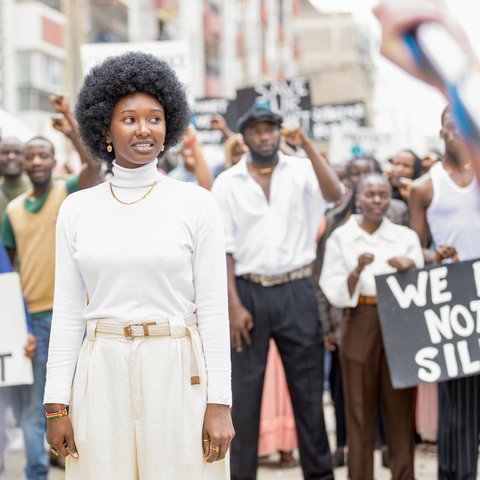Photo: Michael Ezimoha


Black History, future legacy: Why culturally sensitive Wills matter
This Black History Month, Legal Executive Michael Ezimoha reflects on how writing a Will is an affirmation of identity, faith, and care for Black communities in Britain.
What is a Will?
“A Will is not just about wealth – it is about ensuring that what matters most to you is looked after.”
Michael Ezimoha, Legal Executive
Why culturally sensitive Will writing matters
Common Will writing questions I get
Practical advice
A story that stays with me
Closing thoughts
“This Black History Month, I encourage everyone – especially those from underrepresented backgrounds – to see Will writing not as something distant or burdensome, but as a vital act of empowerment.”
Michael Ezimoha, Legal Executive
More posts like this

– This article explores the significance of leaving a legacy, the importance of writing a Will in Islam, and how it can be a means of immense reward in both this life and the hereafter.

It’s thanks to gifts in Wills from our supporters that we’ve been here for 75 years, fighting to end poverty and injustice around the world.